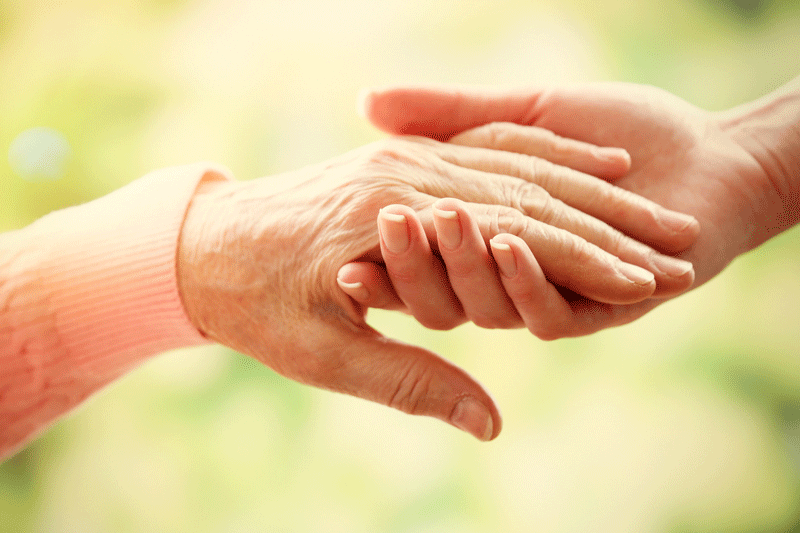
Caregiving is a difficult task, and without the legal authority to act on your loved ones' behalf it can be an impossible burden. You want to be sure you are keeping your loved one’s best interests at heart, and have made sure he or she is being cared for by the right person, but you may not be considering whether or not he or she can make important decisions anymore. How do you know when it’s time for someone else to make decisions over their affairs? Can you make those decisions without court intervention?
Adults are assumed to be capable of making his or her own decisions unless the court determines otherwise. Typically, good legal planning includes a document called a Power of Attorney, which gives a family member or caregiver the ability to make legal and financial decisions. Most of the time that is good enough. If one hasn't been signed, though, or if for various reasons too specific to get into here, the caregiver would need to petition the court to appoint a guardian, which is basically a substitute decision maker with all of the authority usually granted under a Power of Attorney (but at substantially greater cost).
A guardianship is necessary for various reasons, such as lack of access to finances, vulnerability to exploitation, refusal to receive appropriate care, and need for amendment or creation of trusts. A guardian is authorized to make several decisions for the ward (the person who is no longer to make the decisions), and those can encompass legal, financial and healthcare fields. In New Jersey, someone appointed as “guardian of the person” will make decisions about medical care and other aspects of personal life, whereas a “guardian of the property” will decide about finances. You may also hear about somebody called a “plenary guardian” who actually holds both of those offices. The guardian may have to seek court approval for certain decisions, depending on the terms of the guardianship. (Side note: you may hear about something, especially in other states, called a “conservatorship.” This word, along with the “guardianship” term, can mean slightly different things in different states. There is something called a conservatorship in New Jersey. It's not the same as a guardianship. But that's another story.)
It is important to understand what incapacity is. A person typically is in need of guardianship when he or she shows lack of capacity to make responsible decisions. A person can make irresponsible or thoughtless decisions, or suffer mental illness, and still be considered competent. The person must actually show lack of capacity to make any decisions, in order to be considered incapacitated to make his or her own decisions. The court may require you to try less restrictive alternatives before filing for guardianship. These alternatives can include power of attorney, representative or protective payee, conservatorship, and revocable trust. Also, it is important to keep in mind that one of the disadvantages to a guardianship is that it can be humiliating for an older adult. It can also be emotionally difficult for family members, especially if there is any disagreement on who should be the guardian.
If you feel your loved one needs a guardian, or you know of a guardianship happening and you're not pleased with who's in charge, please contact me. Setting up a guardianship can be time- consuming and includes extensive paperwork, and you don't want to go back to court again and again to settle something when it could otherwise be done the first time.
Archer Law Office Can Help
For More Information Contact this office (609) 842-9200

